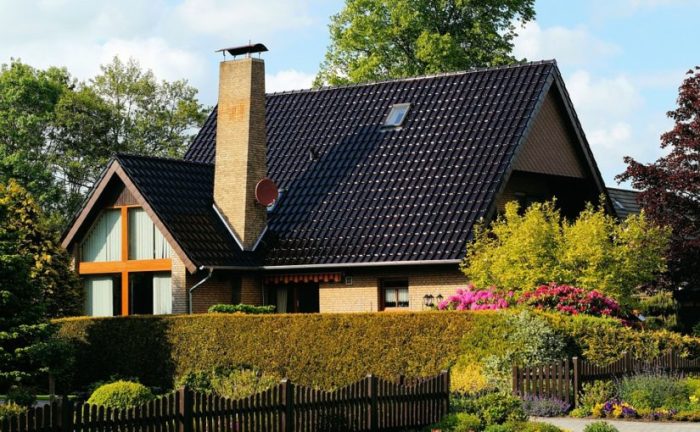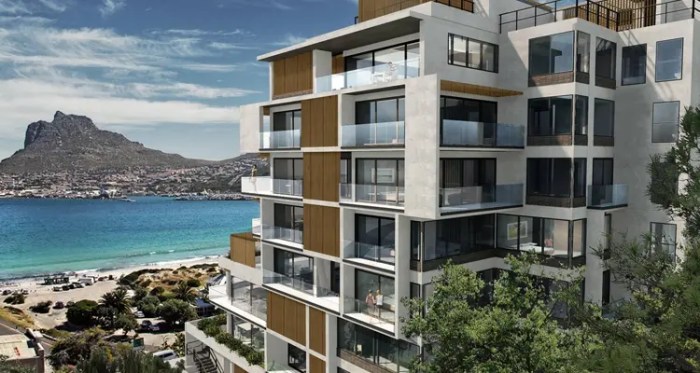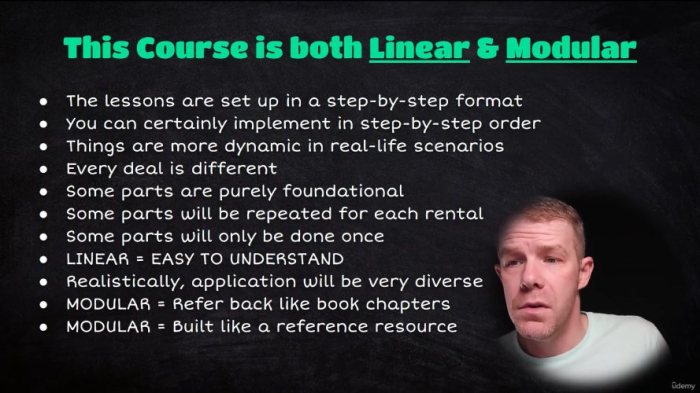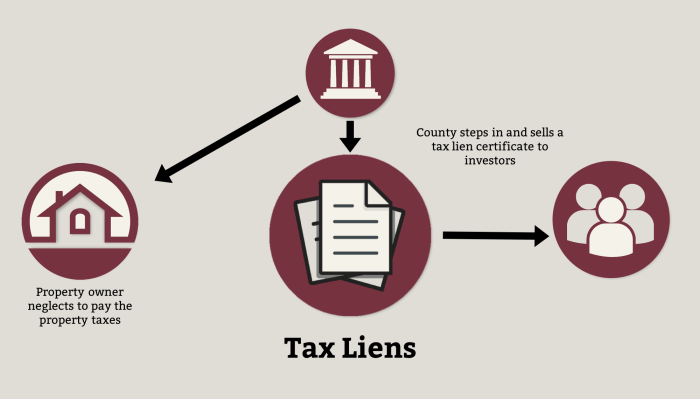Vacation Home Mortgages Financing Your Dream Getaway
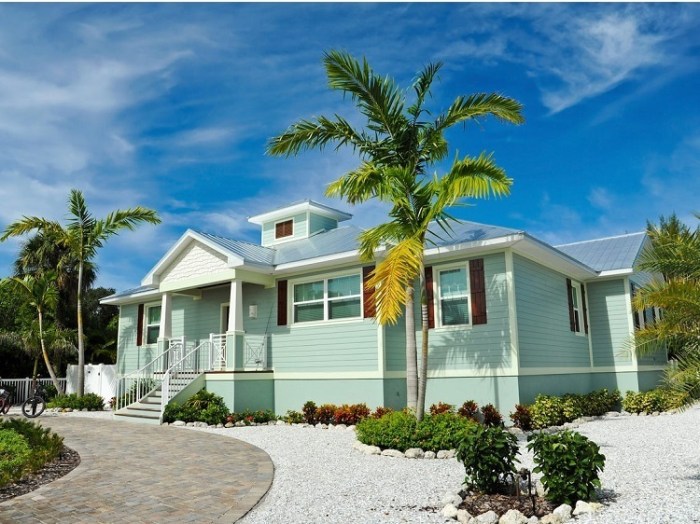
Vacation home mortgages offer a unique opportunity to invest in a property that can be enjoyed for personal leisure or even generate rental income. These specialized loans are designed to help you finance a second home, whether it’s a cozy cabin in the mountains, a beachside condo, or a charming cottage in the countryside.
Unlike primary residence mortgages, vacation home mortgages come with their own set of requirements and considerations. Understanding the nuances of these loans is crucial for making informed decisions about your financial future.
Understanding Vacation Home Mortgages
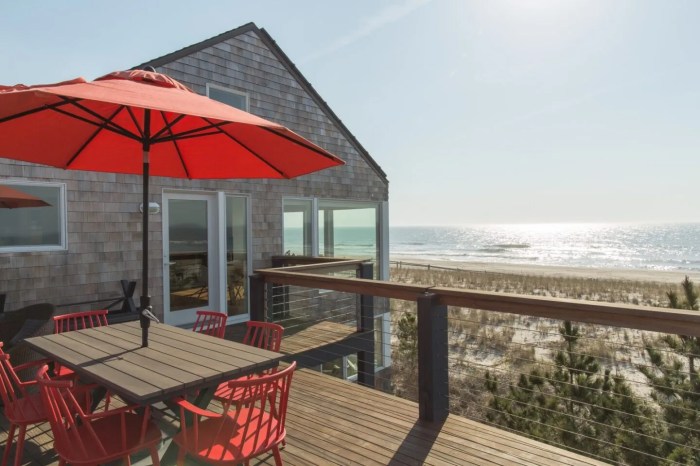
Owning a vacation home can be a dream for many, but financing it can be a complex process. Vacation home mortgages are different from primary residence mortgages, and it’s essential to understand the distinctions before you apply.
Types of Vacation Home Mortgages
There are several types of vacation home mortgages available, each with its own terms and conditions. The most common types include:
- Fixed-rate mortgages offer a fixed interest rate for the life of the loan, providing predictable monthly payments. This option is ideal for borrowers who want stability and prefer to avoid fluctuating interest rates.
- Adjustable-rate mortgages (ARMs) have an initial fixed interest rate that adjusts periodically based on a specific index, such as the London Interbank Offered Rate (LIBOR). ARMs can offer lower initial interest rates compared to fixed-rate mortgages, but they come with the risk of higher payments if interest rates rise.
- Interest-only mortgages allow borrowers to pay only the interest on the loan for a specific period, with the principal balance remaining unchanged. This option can result in lower monthly payments, but it doesn’t build equity as quickly as other mortgage types. However, at the end of the interest-only period, the entire principal balance becomes due, potentially leading to a significant balloon payment.
Interest Rates and Loan Terms
Vacation home mortgages typically have higher interest rates and stricter loan terms compared to primary residence mortgages. This is because lenders perceive vacation homes as a higher risk due to factors like lower occupancy rates and potential difficulties in selling the property.
For example, a borrower may face an interest rate of 5.5% for a vacation home mortgage compared to 4.5% for a primary residence mortgage.
The loan terms for vacation home mortgages can also be shorter, typically ranging from 15 to 30 years, while primary residence mortgages may have terms of up to 40 years. Additionally, lenders may require a larger down payment for vacation homes, often 20% or more.
Lenders Specializing in Vacation Home Mortgages
Several lenders specialize in vacation home mortgages, offering competitive rates and flexible loan terms. Some popular options include:
- Quicken Loans: Quicken Loans offers a wide range of mortgage products, including vacation home mortgages, with competitive interest rates and online application processes.
- Wells Fargo: Wells Fargo is a major bank that offers a variety of mortgage products, including vacation home mortgages, with personalized guidance and flexible options.
- Bank of America: Bank of America provides vacation home mortgages with competitive rates and terms, as well as access to online tools and resources.
Eligibility and Qualification: Vacation Home Mortgage
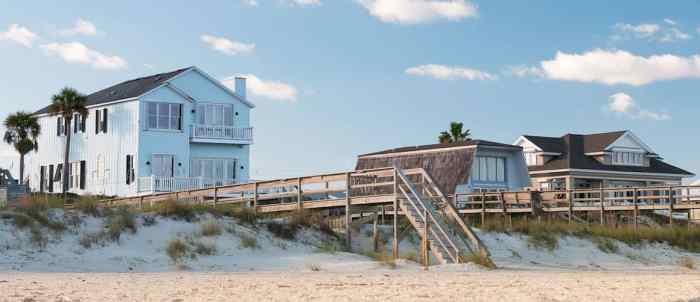
Securing a vacation home mortgage requires meeting specific eligibility criteria. These requirements aim to ensure borrowers have the financial stability to manage the additional debt associated with a second property.
Credit Score and Debt-to-Income Ratio
Lenders evaluate your creditworthiness to assess your ability to repay the loan. A strong credit score is essential for qualifying for a vacation home mortgage. Generally, a credit score of at least 620 is required, though higher scores can lead to more favorable interest rates. Your debt-to-income ratio (DTI) also plays a crucial role. DTI measures your monthly debt payments against your gross monthly income. Lenders typically prefer a DTI below 43% for vacation home mortgages, indicating that you have sufficient income to cover your existing debts and the new mortgage payment.
Down Payment Requirements
Vacation home mortgages often have higher down payment requirements compared to primary residence mortgages. This is because lenders perceive vacation homes as less essential and potentially riskier investments. While a 20% down payment is common for primary residences, vacation homes may require a down payment of 25% or more. The exact percentage can vary depending on factors such as the loan type, the property location, and the borrower’s credit history.
Documentation Needed for Application
To apply for a vacation home mortgage, you’ll need to provide extensive documentation to support your financial standing and the property details. Common documents include:
- Proof of income: This could be pay stubs, tax returns, or bank statements demonstrating consistent income.
- Credit report: Lenders will pull your credit report to assess your credit score and history.
- Down payment funds: You’ll need to demonstrate that you have the required down payment funds available.
- Property appraisal: A professional appraiser will assess the property’s market value to ensure it aligns with the loan amount.
- Property insurance: You’ll need to secure property insurance for the vacation home, which protects the lender’s investment.
- Additional documentation: Depending on the lender and the loan type, you may be required to provide additional documentation, such as a signed contract for the vacation home or proof of employment.
Tax Implications of Vacation Home Mortgages

Owning a vacation home can be a rewarding experience, but it’s crucial to understand the tax implications that come with it. The IRS has specific rules regarding the deductibility of mortgage interest and property taxes for vacation homes, as well as the tax consequences of renting out your property.
Deductibility of Mortgage Interest and Property Taxes
The deductibility of mortgage interest and property taxes on a vacation home depends on whether you use the property for personal use or for rental purposes.
- Personal Use: If you use your vacation home primarily for personal use, you can only deduct mortgage interest and property taxes to the extent that they are related to the portion of the year you rent out the property.
- Rental Use: If you rent out your vacation home for more than 14 days or more than 10% of the days it is rented, you can deduct mortgage interest and property taxes even if you use the property for personal use. However, you must meet certain requirements, such as renting out the property for a significant portion of the year and using the property for personal use for a limited period.
Tax Implications of Renting Out a Vacation Home
Renting out your vacation home can provide additional income, but it also comes with certain tax implications.
- Rental Income: You must report all rental income on your tax return. This includes rent payments, security deposits, and any other income you receive from renting out your property.
- Rental Expenses: You can deduct certain expenses related to renting out your vacation home. These expenses include mortgage interest, property taxes, insurance, utilities, repairs, and maintenance.
- Depreciation: If you use your vacation home for rental purposes, you can deduct depreciation on the property. Depreciation is a way to deduct the cost of your property over time.
Examples of Tax Benefits
Here are some scenarios where owning a vacation home could result in tax benefits:
- Deductible Mortgage Interest and Property Taxes: If you rent out your vacation home for more than 14 days, you can deduct mortgage interest and property taxes, even if you use the property for personal use.
- Offsetting Rental Income with Expenses: You can deduct rental expenses from your rental income, reducing your taxable income.
- Depreciation Deduction: Depreciation can reduce your taxable income, especially if you rent out your vacation home for a significant portion of the year.
Rules and Regulations, Vacation home mortgage
The IRS has specific rules and regulations regarding vacation home ownership for tax purposes.
- Rental Use vs. Personal Use: The IRS defines rental use as renting out the property for more than 14 days or more than 10% of the days it is rented.
- Rental Income and Expenses: You must keep accurate records of all rental income and expenses.
- Depreciation Deduction: You can only deduct depreciation if you use your vacation home for rental purposes.
- Tax Forms: You must file certain tax forms to report rental income and expenses.
Owning a vacation home can be a fulfilling experience, offering a retreat from everyday life and potentially generating additional income. However, it’s important to carefully consider the financial implications before taking the plunge. By researching the various types of vacation home mortgages, understanding the eligibility requirements, and carefully managing your expenses, you can navigate the process and achieve your dream of owning a getaway property.
Top FAQs
What is the difference between a primary residence mortgage and a vacation home mortgage?
A primary residence mortgage is for a home where you live, while a vacation home mortgage is for a property that is not your primary residence. Vacation home mortgages typically have higher interest rates and stricter qualification requirements.
What are the tax implications of owning a vacation home?
The deductibility of mortgage interest and property taxes for vacation homes depends on the frequency of use and rental income generated. Consult with a tax advisor to understand the specific implications for your situation.
What are the risks associated with owning a vacation home?
Potential risks include fluctuating rental income, maintenance expenses, and the possibility of the property becoming vacant for extended periods.
Securing a vacation home mortgage can be a great way to invest in a piece of paradise, but it’s important to consider the financial implications. If you’re looking to bolster your business acumen before taking on such a big financial commitment, consider pursuing an online MBA from a reputable program like the chapel hill online mba. A solid understanding of finance will equip you with the knowledge and skills to make informed decisions regarding your vacation home mortgage and ensure a smooth and successful experience.
Securing a vacation home mortgage can be a great investment, especially if you plan to rent it out when you’re not using it. And, if you’re looking for ways to keep your kids engaged while you’re busy with your new vacation home, consider checking out some of the resources available for online learning for elementary students. With the right resources, you can find engaging and educational activities that can keep them entertained and learning even when you’re away.
Of course, you’ll want to factor in the extra costs associated with owning a vacation home, including potential property taxes and maintenance fees, when calculating your overall mortgage costs.
A vacation home mortgage can be a great way to finance your dream getaway, but it’s important to carefully consider your budget and financial situation. Before making a decision, you might want to check out resources like nrp online learning assessment , which provides valuable information about financial planning and management. Once you have a solid understanding of your finances, you can start exploring the different types of vacation home mortgages available and find the one that best fits your needs.



